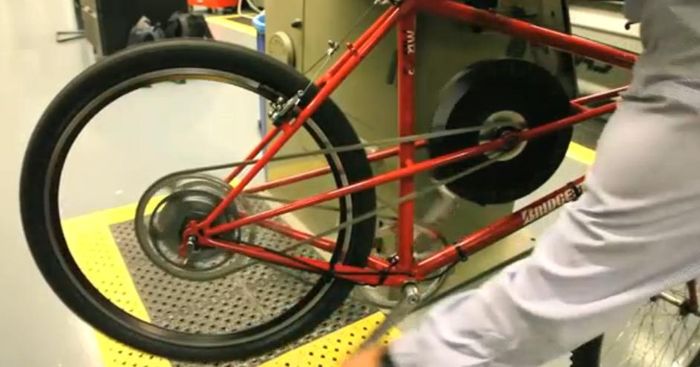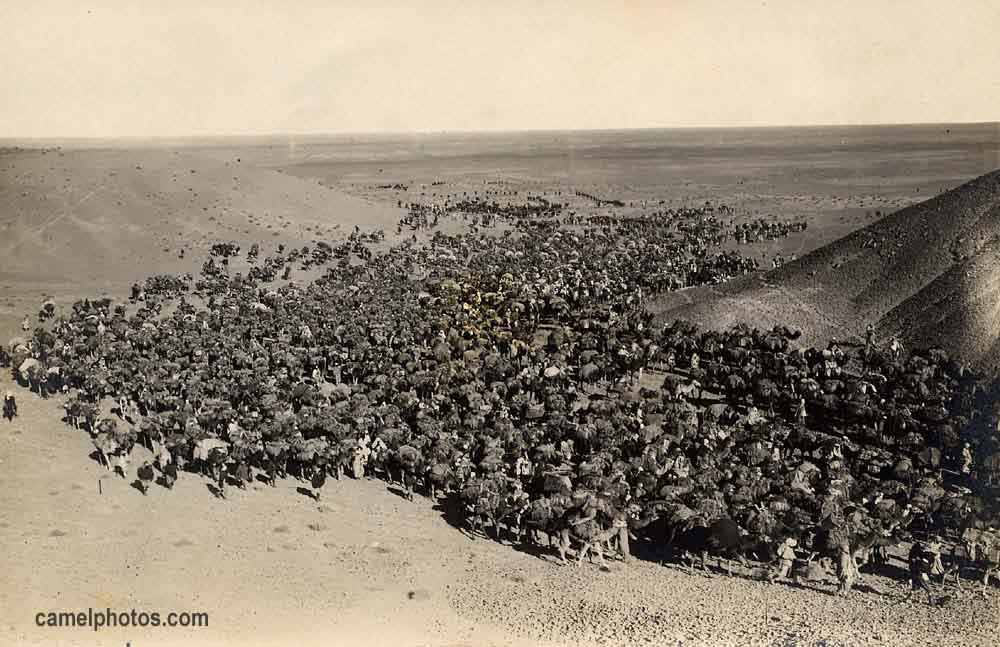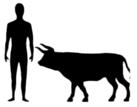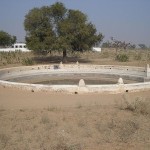“Barge haulers on the Volga“, a late 19th century painting by Ilja Repin.
The Private Bus System that Works
“America’s 20th largest bus service — hauling 120,000 riders a day — is profitable and also illegal. It’s not really a bus service at all, but a willy-nilly aggregation of 350 licensed and 500 unlicensed privately-owned ‘dollar vans’ that roam the streets of Brooklyn and Queens, picking up passengers from street corners where city buses are either missing or inconvenient.” Read more. Via Makeshift.
Continuously Variable Bicycle Gear Hub
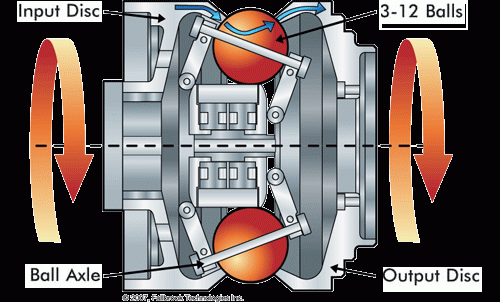 “The NuVinci hub is a unique internal gear hub in that it utilizes a continuously variable planetary (CVP) transmission. This means that the hub does not have specific gears but instead can be dialed in to any particular gearing in it’s capable range. You can think of it sort of as an analog radio tuner as opposed to a digital tuner with its particular increments.”
“The NuVinci hub is a unique internal gear hub in that it utilizes a continuously variable planetary (CVP) transmission. This means that the hub does not have specific gears but instead can be dialed in to any particular gearing in it’s capable range. You can think of it sort of as an analog radio tuner as opposed to a digital tuner with its particular increments.”
“When compared to traditional continuously variable transmissions (CVTs), the NuVinci CVP is less complex, has considerably fewer parts, offers more stable control and scalability across product lines, is better packaged, and is less expensive to manufacture and assemble.”
The NuVinci N360. How it works. Reviews of 2007 and 2010 models: 1 / 2 / 3. The gear is used on the flywheel bicycle mentioned last week and can also be applied in light electric vehicles and wind turbines. Thanks, Johan.
Flywheel Bicycle
Maxwell von Stein’s bicycle invention uses a flywheel to store energy. Instead of braking, he can slow the bicycle by transferring the kinetic energy from back wheel into the flywheel — which spins between the bars of the frame. Then Max can send the flywheel energy back to the wheel when he wants a boost. Watch the video. Thank you, Rasmus.
Related: Job Ebenezer’s Dual Purpose Bicycle, mentioned in the article on pedal powered machines.
Camel Trains in Asia, Russia and Australia
Camelphotos.com has an interesting collection of historic camel pictures, showing pack trains, camels pulling wagons, and some camels working in agriculture and industry. Also of interest is a picture gallery of camels in India today.
The Junk Blue Book: Indigenous Fishing and Cargo Craft
“The Junk Blue Book of 1962 is a detailed catalog of the indigenous boats of what was then South Vietnam, during a period when most such vessels were still powered by sail. It was a manual put together by the US Dept. of Defense early in the involvement in the war in Vietnam. It was used as a guide to identify coastwise marine traffic involved in smuggling supplies and personnel south into the Republic of Vietnam from then North Vietnam. Although its production was driven by perceived military necessity it is a unique chronicle of the indigenous fishing and cargo craft of the mid and southern Vietnamese coasts.”
The book is in the public domain and can be found on scribd. A pdf-version is available on a dedicated site. Via Indigenous boats. See also: the wooden work boats of Indochina.
